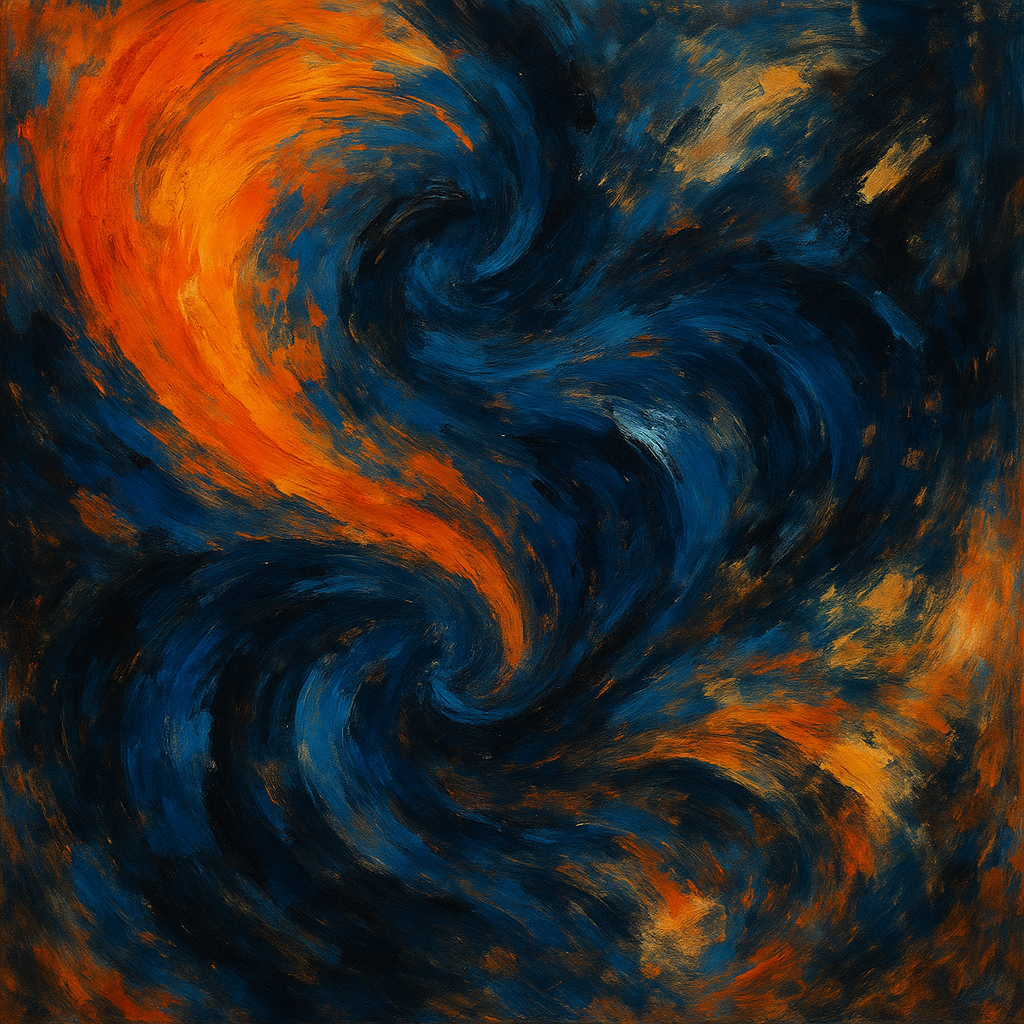doing it all alone stunts your growth
When we're in the workplace or crafting our next artistic masterpiece, we make a common mistake: we think we must know everything.
Trying to master every skill yourself is like solving a puzzle by testing every combination. It’s a brute-force, inelegant algorithm—exhausting, inefficient, and eventually unsustainable.
It works on simple solutions. The wasted energy may be small enough to pass unnoticed.
But as you build your career or your art, brute force solutions become blockers to progress.
When I started writing songs and making albums, I thought I had to do it all myself. Writing the chords, the lyrics, the melody—then the recording, the mixing, the mastering.
Maybe I thought I'd get a gold star for showing off how much I could do.
Each of those disciplines—from songwriting to mastering—is a profession in its own right. They have infinite depth, and you could spend your whole life immersed in mastering any one of those crafts.
Even the biggest stars don’t do it alone. Behind every hit is a songwriter, a producer, session musicians, engineers. It’s a team effort. Why should our creative work be any different?
An implicit narrative of today's creativity culture is that the playing field is even. Record labels and film studios are no longer gatekeepers. You can freely publish on the internet and become famous.
Instant access makes it tempting to do it all ourselves. And some of us can—but it comes at a cost. It takes real energy, and often, it burns us out.
A big part of my artistic philosophy is that throughput—the volume of your completed, shared output—is instrumental to your inner and outer growth and success. The more you ship, the better you get. The tighter the feedback loop, the more you can ship.
Creating solo slows your feedback loop—and the longer we labor alone, the more likely the work never sees the light of day.
There’s no shame in getting help along the way. Someone can mix your work. Or write your songs. Or produce your album. That doesn’t dilute your vision—it supports it.
If they can help you get from vision to execution, your team is invaluable.
One of my first albums, I wrote every single note. I orchestrated for over 35 instruments. I holed myself up for six weeks to write.
Rewarding, yes. But also exhausting.
When I look back, I would never write an album the same way. I would hire an orchestrator or producer and work with them instead. Just because I am skilled enough to do it doesn't mean I should. I want to focus on the vision, not get buried in the mechanics.
My approach now is to invite the genius of other musicians and creatives. I bring a vision—and give others space to express theirs within it. When I work with a percussionist, I don't want to write out their parts. I may give a feel, a style, or an emotion—and leave it to them to figure it out. That's their domain.
What I've found is that this approach not only makes it much easier and faster to make albums, but also much more fun.
So this is a reminder to myself, and perhaps to you, fellow creative: we do not need to do everything ourselves. Sometimes we do have to—but as we grow, we can invite others in. We can build our team, our artistic tribe.
Let your vision guide the work. Let others help you build it.
